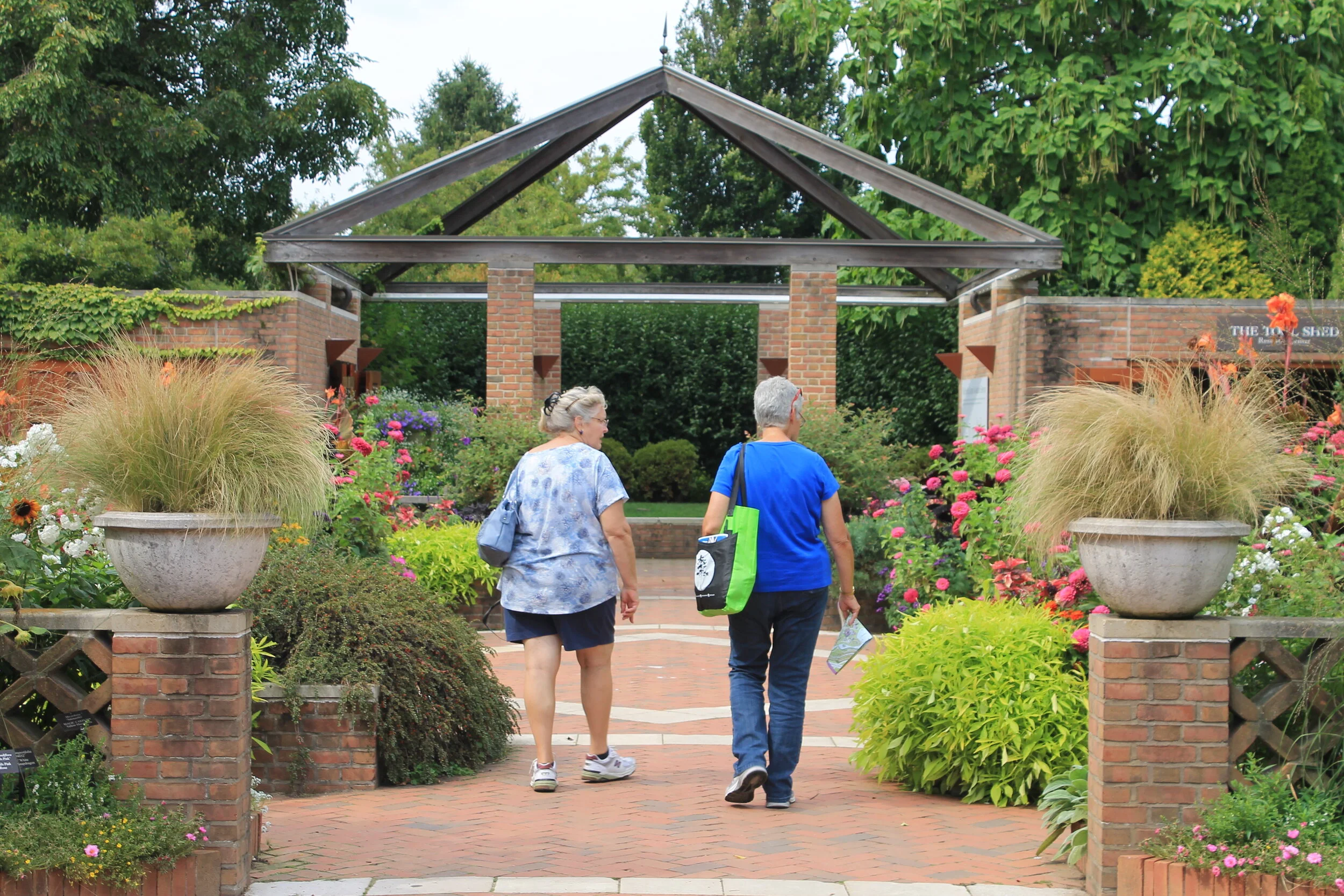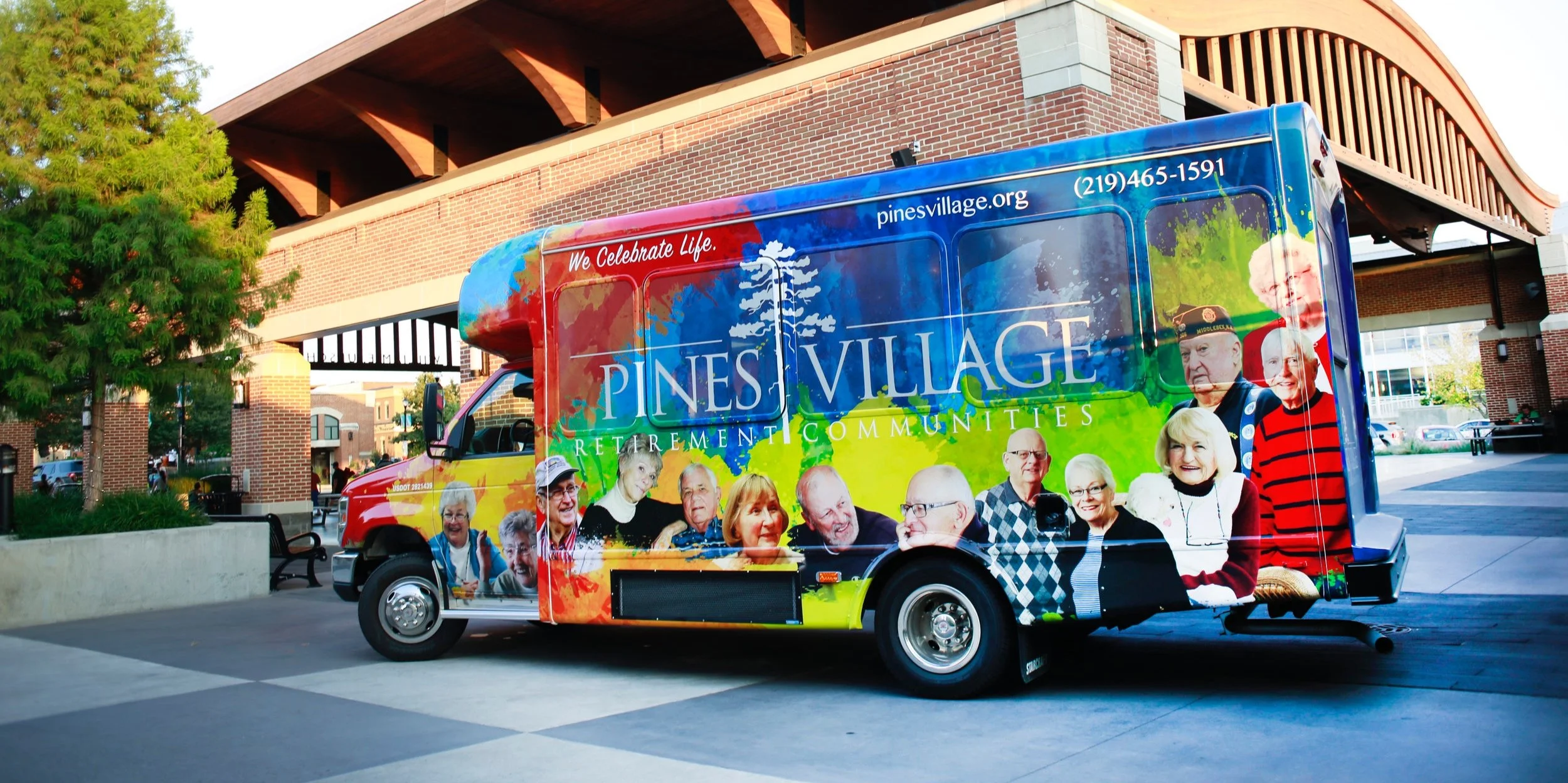Aging can impact what individuals are able to do independently. This applies to physical tasks, cooking, maintaining a living space, and mobility. Mobility refers to the ability to move around and access basic and essential activities, including navigating your living space and traveling to other places outside your home.
There are currently around 54 million adults over the age of 65 in the United States, with that number expected to rise to 80 million individuals by 2040. As more adults continue to age, it’s likely that some of them will need help getting around. On average, older adults make 3.4 trips per day, so they still have plenty of places they need to go, even if they may have trouble getting there. So, what are the best methods of transportation for seniors? We’ll cover all of the best options available in this guide to senior transportation.
Personal Transportation for Seniors
Driving Yourself - The first—and most common—option for senior transportation is to drive themselves. This offers the quickest and most convenient choice for individuals to get around, as long as they do not have any impairments or disabilities that hinder their ability to drive safely. The CDC reports that more than 45 million adults who are 65 and older are still licensed to drive. However, these adult drivers are also at a greater risk of being involved in an accident.
Family Members - The second most common way for older adults to get around is to have family members drive them. This option provides additional assistance for individuals who have disabilities or impairments, as their family members can offer individualized support—like helping with a wheelchair or other medical device. However, it also leaves seniors in a position where they must rely on someone else (who may not always be available) in order to travel.
Caregivers or Home Care Aides - Older adults can also hire a caregiver or home care aide to drive them where they need to go. However, this can often be expensive and requires finding and hiring someone trustworthy. All older adults who hire a caregiver for transit services should research local agencies that screen employees and complete background checks so you know you are in good hands.
Public Transportation
Another option for older adults to get around is public transportation. Depending on where you live—in a big city, for instance—there may be many options that can quickly take you where you need to go. Another benefit of public transportation is that there are often senior fares that reduce the cost. Most forms of public transportation are also accessible for individuals in wheelchairs or who have other disabilities.
However, only about 3% of older adults’ trips are made via public transportation. Depending on the forms of transit available in certain areas and where you need to go, public transit may be a great way to get from Point A to Point B. But, it also may not be a viable option for certain trips for older adults—getting groceries, visiting the doctor, and more.
Rideshare Services and Taxis
Rideshare services—like Uber and Lyft—and taxis are additional transportation options for older adults. These services allow seniors to call for transit services whenever they need them, whether on an app or by making a phone call. They can also either involve riding alone or sharing a ride with other passengers. The main benefit of these options is that older adults can choose when they need to leave and where they need to go, and can almost always be picked up shortly thereafter.
Companies like Uber even offer something known as Uber Health, which allows older adults to get rides for medical visits without having to sign up for an account. Signing up and managing an account is one of the downsides of rideshare apps, as they can often be confusing and difficult to use for individuals who are not used to them. Additionally, much like taxis, these services can also be expensive depending on the destination, distance traveled, and departure time.
Senior Living Community Transportation Services
Older adults who live in senior living communities get to enjoy many different amenities, but one of the most important ones is transportation services. Many communities provide a variety of transportation options that allow residents to get where they need to go easily, quickly, and safely. These communities also have transportation professionals on their staff that provide door-to-door service for residents, so you know you are in good hands and can always get to your destination.
These services are also usually prepared to provide transportation for disabled seniors, with many communities owning vans and buses with chairlifts and other modifications to accommodate individuals with disabilities. Having these services available is also critical when winter comes, as many communities have temperature-controlled vehicles, so residents don’t have to worry about warming up their cars or driving in hazardous conditions.
Wherever it is you need to go, the transportation services of a senior living community are sure to get you there–whether it’s to get groceries, go out to eat, visit family, go shopping, attend medical appointments, or even if you’re just bored and want to go for a ride. Many communities also provide a personal driver to take you to the doctor right away when you are feeling ill.
At Pines Village Retirement Communities, Inc., we are a nonprofit senior living community in Valparaiso, Indiana, with two campuses: Pines Village and Meridian Woods. We offer many of the transportation services mentioned above for our residents in order to support all of their needs, as well as stopping at additional places like:
Eastport Centre: Medical Offices
Valparaiso Marketplace: Target, Bed Bath & Beyond, Home Depot, Aldi, Marshalls, Michaels, etc.
Porter’s Vale Shopping Center: Meijer, JC Penney, Home Goods, Hobby Lobby, Party City, etc.
Walmart
Medical Centers on South Sturdy
Coolwood Plaza: Strack & Van Til, Strarbucks, etc.
Additional locations outside of Valparaiso and escort service available
This way, we ensure that our residents can travel to all of their favorite destinations and return home to our community safely. The Pines Village campus offers pet-friendly independent living apartments with the option to add assistive services à la carte or in packages. The Meridian Woods campus consists of maintenance-free paired homes and Campbell St. Cafe, which, in addition to being a restaurant open to the public, hosts events and acts as a meeting space for residents and local nonprofits.
At Pines Village, we celebrate life by enriching the lives of older adults. We pride ourselves on our culture, which is driven by a passion for serving the residents, visitors, and staff of Pines Village as well as the greater Valparaiso community. Explore our senior apartment availability, learn more about our assisted living options, or contact us with any questions today!






